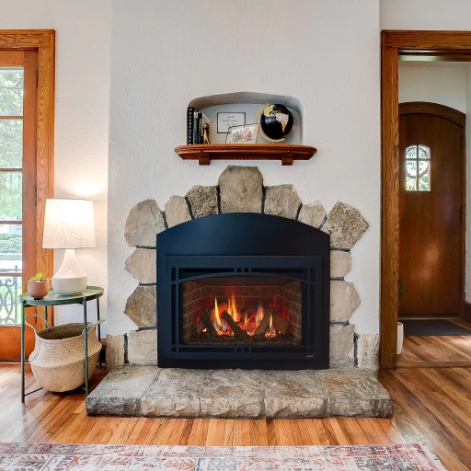https://www.youtube.com/watch?v=PlU7uzN8FC0
Published on Dreifuss Fireplaces
Choosing the right fuel type for your fireplace is essential to ensure the perfect balance of heat, convenience, and ambiance. This guide will walk you through the pros and cons of each fuel option, helping you make an informed decision based on your lifestyle and heating needs.
What We’ll Cover:
Understanding the Different Fuel Options
There are four primary fuel types to consider: wood, gas, electric, and ethanol. Each offers unique benefits and drawbacks in terms of heat output, maintenance, and overall experience.
Wood-Burning Fireplaces: Classic Charm and High Heat Output
Wood fireplaces provide a traditional aesthetic and high heat output, making them ideal for those who love the crackling sound and natural aroma of burning logs. However, they require regular maintenance, chimney cleaning, and a steady supply of wood.
Gas Fireplaces: Convenient and Efficient Heating
Gas fireplaces are highly efficient, easy to operate, and require minimal maintenance. They can be vented or vent-free, and they offer adjustable flame settings. However, they may require professional installation of gas lines and can have higher upfront costs.
Electric Fireplaces: Versatile and Low Maintenance
Electric fireplaces are perfect for those looking for easy installation, safety, and flexibility. They don’t produce real flames or heat like other fuel types, but they’re ideal for ambiance and supplemental warmth.
Ethanol Fireplaces: Modern and Eco-Friendly
Ethanol fireplaces are sleek, odorless, and produce real flames without harmful emissions. They’re great for modern spaces but may have higher fuel costs and provide less heat than other options.
Factors to Consider When Choosing a Fuel Type
- Heating Needs: Determine whether your fireplace will be a primary heat source or a decorative feature.
- Maintenance Requirements: Consider how much time you’re willing to spend on cleaning and upkeep.
- Installation and Venting: Some fuel types require professional installation and venting, while others do not.
- Safety and Environmental Impact: Choose a fuel type that aligns with your safety and eco-friendly priorities.
Video Highlights:
- Comparing the pros and cons of wood, gas, electric, and ethanol fireplaces
- Matching fuel type to your heating and aesthetic needs
- Understanding maintenance and installation considerations
- Choosing a fireplace that fits your lifestyle and budget
With this guide, you’ll be able to confidently select the fuel type that best suits your home’s design and your personal preferences.
For more information, click this: How To Make The Right Fireplace Fuel Type Decision?
